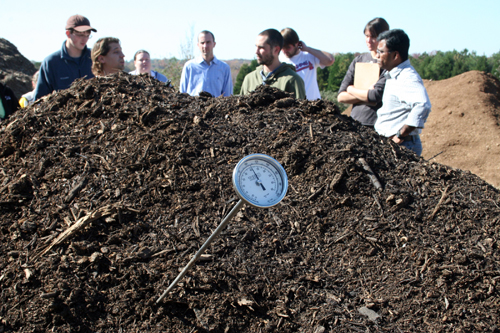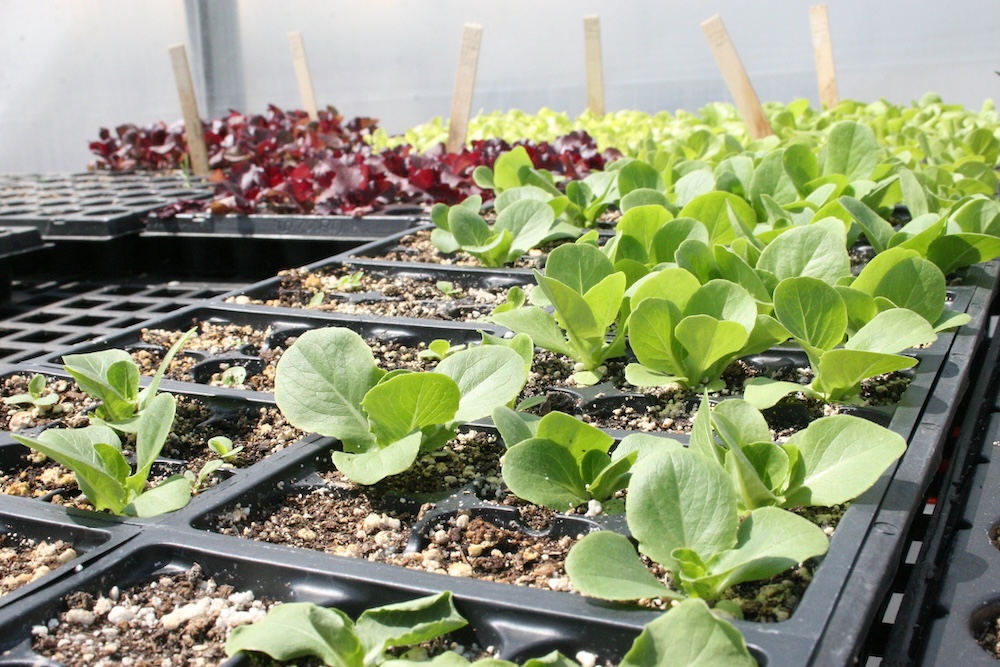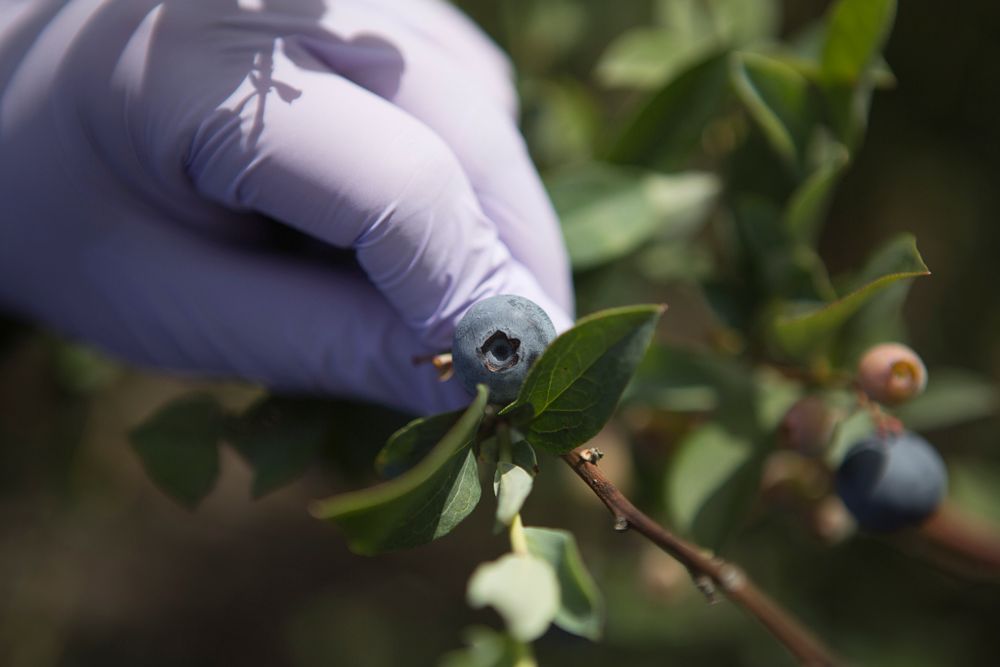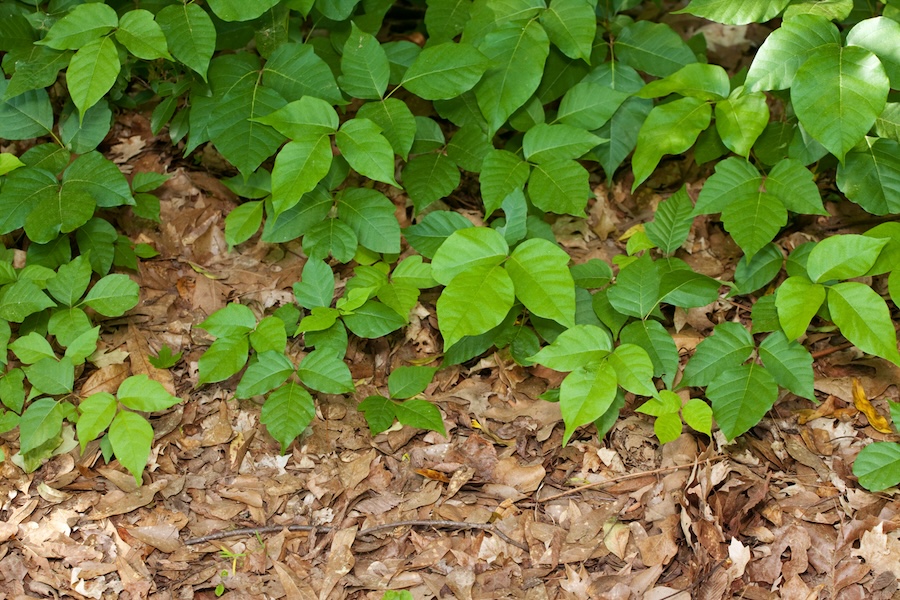Admit it, when you envision someone who buys "organic" you imagine a tree-hugging, Birkenstock-wearing, granola-eating hippie, right? Well, I'm here to confess, I once did, too. But, now I "get it."
Thanks to the Sustainable Agriculture Research and Education program, I've recently attended several trainings on the philosophy and practices of organic farming. I've come to better understand the reasoning and yes, research behind organic food production.
Probably, the biggest misconception about organic farming is that it is solely about being chemical free. Actually, chemicals can be used in organic farming. They just can’t be synthetically made.
But it is much more than that. It is about building the soil and implementing good agricultural practices that create an environment that helps a plant or animal resist pests and disease. A healthy plant or animal is more likely to perform better, therefore requiring fewer synthetic pesticides to survive.
It is about planting cover crops on fallow soil that will naturally build nitrogen. It is about using manure to build soil texture and quality. It is about growing certain plants alongside your intended crops to trap pests before they can reach their host plants.
According to the United States Department of Agriculture's Consumer Bulletin on the National Organic Program, "Organic food is produced by farmers who emphasize the use of renewable resources and the conservation of soil and water to enhance environmental quality for future generations. Organic meat, poultry, eggs, and dairy products come from animals that are given no antibiotics or growth hormones. Organic food is produced without using most conventional pesticides; fertilizers made with synthetic ingredients or sewage sludge; bioengineering; or ionizing radiation. Before a product can be labeled ‘organic,’ a government-approved certifier inspects the farm where the food is grown to make sure the farmer is following all the rules necessary to meet USDA organic standards.”
Of course all of this comes at a cost. You may wonder why the organic food in your local market is more expensive. One of the reasons is that organic farming, although often done on a much smaller scale than conventional farming, is much more labor intensive. In addition, the few pesticides that are approved for use are often more costly. And without the certification process that a grower must undergo, he is not allowed to use the term "organic" on his product. And, the USDA Organic certification process can cost several thousands of dollars.
Organic production can also result in higher loss of product. A portion of the food grown can be lost to pests or disease or culled for these same reasons. The combination of these factors explains a higher cost to the farmer who must pass these costs on to the buyer. One money-saving tip when buying organic is to purchase from a local farmers market to cut out the middle-man.
Regarding certification, there are alternative certification programs to the USDA National Organic Program. One is Certified Naturally Grown. CNG offers farmers a way to minimize paperwork and certification fees and it employs a peer-inspection process to certify their farms. CNG bases its standards on the National Organic Program but does not confer permission for its members to use the term "organic,” as this is a term reserved for farms that have completed the USDA program. It is worth mentioning that USDA does offer financial assistance programs to help with the cost of certification.
I now see how organic farming can be a viable alternative. There is room in the market place for conventional, organic, and certified naturally grown food. It is up to us as consumers to make an educated decison on which we prefer to purchase.








